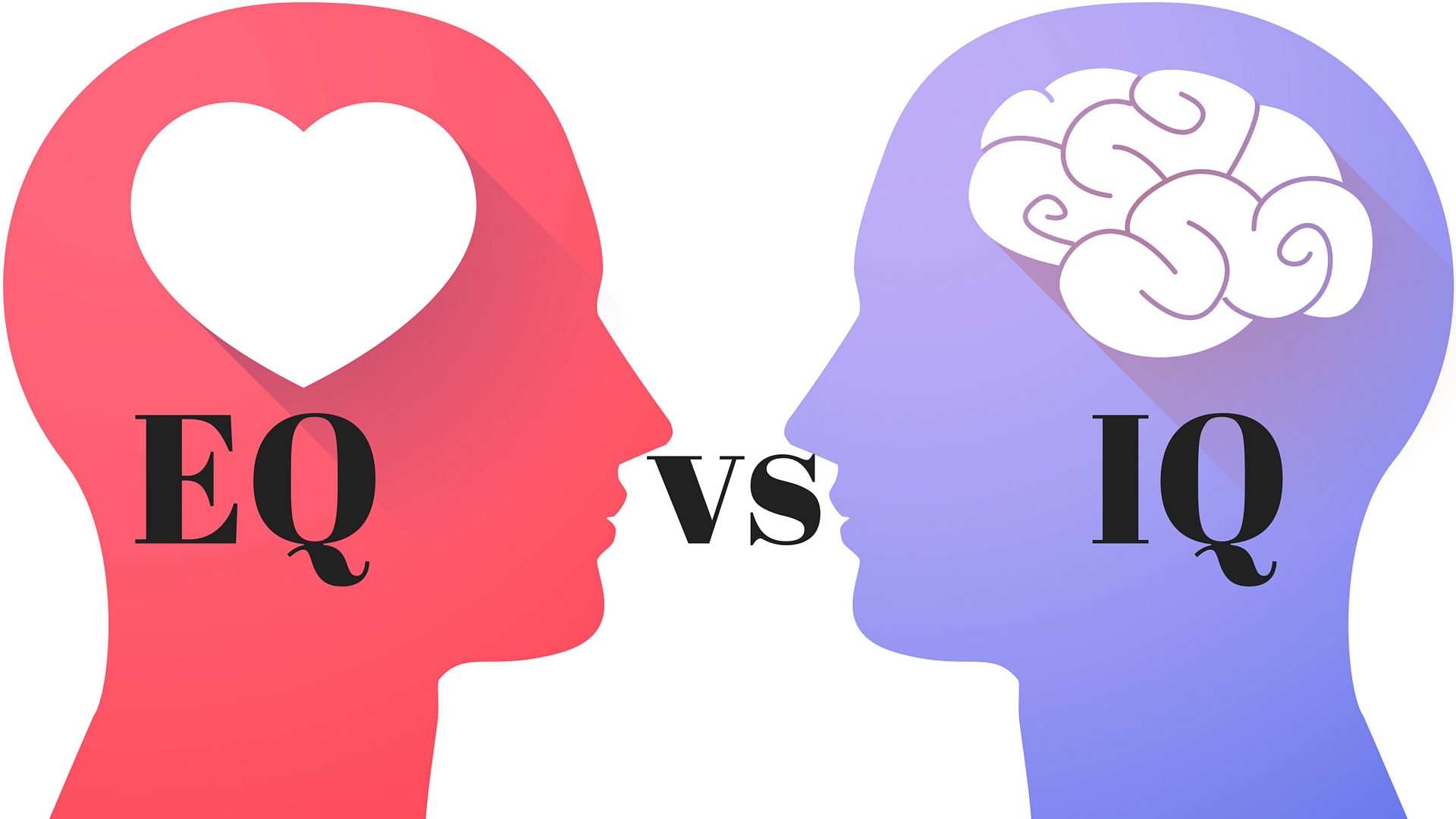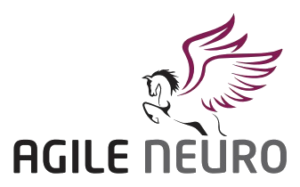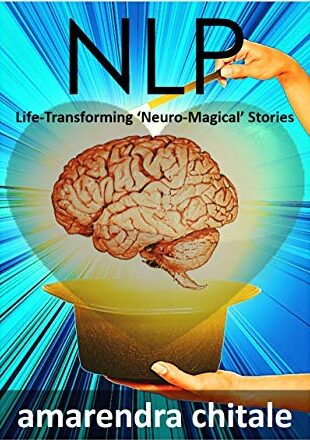
I have an interesting question for you. Do you know your Intelligence Quotient (IQ) and can you increase it? I have been asking this question to participants in various Psychology-based training’s that I conduct like Neuro-Linguistic Programming (NLP) and Emotional Intelligence (EI). Mostly I have seen that around 60-70% participants say the IQ can be increased and around 10-15% participants are not sure. I had one genius saying one day, “Wouldn’t that mean replacing the brain?” He was so right! The reality is, your IQ is fixed. Now I’d like mention here that we are assuming that the brain is fully developed and the human being is more than 7 years old. They say, up to 5 or 6 years of age, the brain is still developing and hence we can’t comment much on the IQ part before the age of 7.
Definition of IQ and its components
So, let us first define IQ. IQ is a score derived from several standardized tests designed to assess human intelligence. The abbreviation ‘IQ’ was coined by the psychologist William Stern for the German Term Intelligenzquotient, his term for a scoring method of Intelligence Tests at University of Breslau. Historically, IQ is the score obtained by dividing a person’s mental age score, obtained by administering an Intelligence Test, by the person’s chronological age, both expressed in terms of years and months. Resulting fraction is multiplied by 100 to obtain the IQ score. Scores from intelligence tests are estimates of intelligence. Unlike for example distance and mass, a concrete measure of intelligence cannot be achieved given the abstract nature of the concept of Intelligence.
Somewhere, if I have to give you a metaphor to explain IQ, IQ is a measure of your information processing ability. If you have a mobile phone or a computer, you know that they have the processor and every processor has a defined speed. That speed is responsible for your overall experience on that gadget. Now if you are not happy with the speed, you tend to change the processor (which I am not sure if that is possible) or you may change the device because you want better performance. Our brain is in a way like that. Although the potential of the brain is unheard of, because it is a quantum machine, we are using it up to certain extent or capacity. That capacity in a nut-shell is the IQ. As an example, it took just two days for my friend to complete studying a subject during our college days. When I say complete studying a subject, it means he has understood every bit of it and is able to comprehend and write the same content in the exam. I required 3 days to complete studying the same subject and to reach the same level of comprehension and understanding. Somewhere I knew, his grasping power, absorbing capability was much better than mine. Now I know, he had better IQ than me. There could be other conditions in this, like whether the subject is of your preference or not. Whether our learning styles are the same or not. There could be the external distracting factors that could affect the learning process. But I know, even if we keep all these attributes constant, he had a better IQ because his processing power was great. If I had to have a greater processing power or greater IQ, I would need to replace my processor which is the brain. I am not sure if that will be possible in future as well. Maybe it will be looking at the rate at which Science is progressing.
Some people confuse IQ with the knowledge which a person has. Definitely knowledge is important but how and how fast have you acquired it and what is the speed of processing it, is where IQ comes in. How are you able to process information for lateral-thinking? That is also where IQ is a stake-holder.
Definition of EQ and its components
Let us talk of EQ now; Emotional Quotient! Now what is that? So many thought leaders have expressed the need of high EQ in order to succeed in whatever we are doing. Dr. Stephen Covey says, “Research shows convincingly that EQ is more important compared to IQ in almost every role”. Jack Welch says, “A leader’s intelligence has to have a strong emotional component. S/he has to have high levels of self-awareness, maturity and self-control”. So many articles have appeared in ‘Science daily’, ‘Economic Times’ and ‘Time Magazine’ expressing the fact that 90% of the top performers are very high in EQ. EQ is a measure of how well you are able to recognize, regulate and effectively communicate your emotions. It is the ability, capacity or skill to perceive, assess and manage the emotions of one’s self and of others. Emotional Intelligence goes with a flow and that flow is related to 4 components of EQ. The first one is, be aware of who you are. Self-awareness; your own SWOT analysis. “Who am I” is a big question with not a simple answer. Now, if you know yourself well, chances are you will manage yourself well. It is a process, because we keep learning about ourselves every day, hence we find better ways to manage ourselves. This is about our self, but nobody is an island. We are dealing with people every day. Our successes in life depend on how well we communicate, or deal with people. For that, we need to be able to understand them or be aware of who they are. That is the 3rd component of EQ; Other’s Awareness. If we know someone well, we definitely know how to communicate with that person. For example, how much in detail, or how much bottom-line or big picture. The 4th logical component of EQ is, if you are well aware of others, you should be able to manage them well; Other’s Management or Social Skills. Look at these 4 components:
- Self-awareness
- Self-management
- Other’s awareness and
- Social skills
You will realize, this is the roadmap for success in any aspect of life or anything you do in life.
Now compare this with IQ. We have already established that IQ is fixed. EQ can be increased and I can explain how. Have you been told ever that you are very immature? I am sure this statement has been aimed at most of us (probably all of us) at some point of time in our life. There was a reason why someone asked us this question. It could’ve been probably because we would have reacted in a way that we shouldn’t have. Think of that time and think of now. You will probably say to yourself, “What a fool I was back then”. You would say that to yourself because now you can’t believe how you got into that situation and how you dealt with it. If today, the same situation was to arise, you would deal with it differently, and in much better way. Not only that situation, but any situation which is kind of comparable to that one. Emotionally, you are now ready in much better way. Everything we do, including a small thing like getting out from the bed every morning, has the backbone of emotions. We wouldn’t get out of the bed if we weren’t motivated to. And what is motivation driven by? Emotions! What are your reactions driven by? Emotions! That’s where things went wrong in the past, which you are able to deal with now because emotionally you are right up for it. EQ is the stake-holder in your performance at work, in relationships, in overcoming difficult situations, decision making etc. and that is what Dr. Stephen Covey and Jack Welch were talking about.
Want to find out your EQ score for Free? Take this simple assessment to find out how emotionally agile you are!
There are various ways in which you can improve your Emotional Quotient and the best one of course is experience. But that is like waiting for things to happen and learning through the mistakes or maybe sometimes the unplanned correct decisions we take. There are lots of ways in which emotions can be regulated the way we want, because we have a choice of how we want to feel. These are cognitive techniques and are facilitated through Emotional Intelligence training. This probably is the best way to upscale your EQ because of the psychological strength you get in your cognitive armoury. I have been writing blogs on the techniques of Emotional Intelligence and I am sure you will find them here if you are an enthusiast. You may also wait for my next blog which will take you through one such technique of channelizing emotions. For now, thank you for reading. I hope I was able to dissect EQ vs IQ concept for a better understanding.









